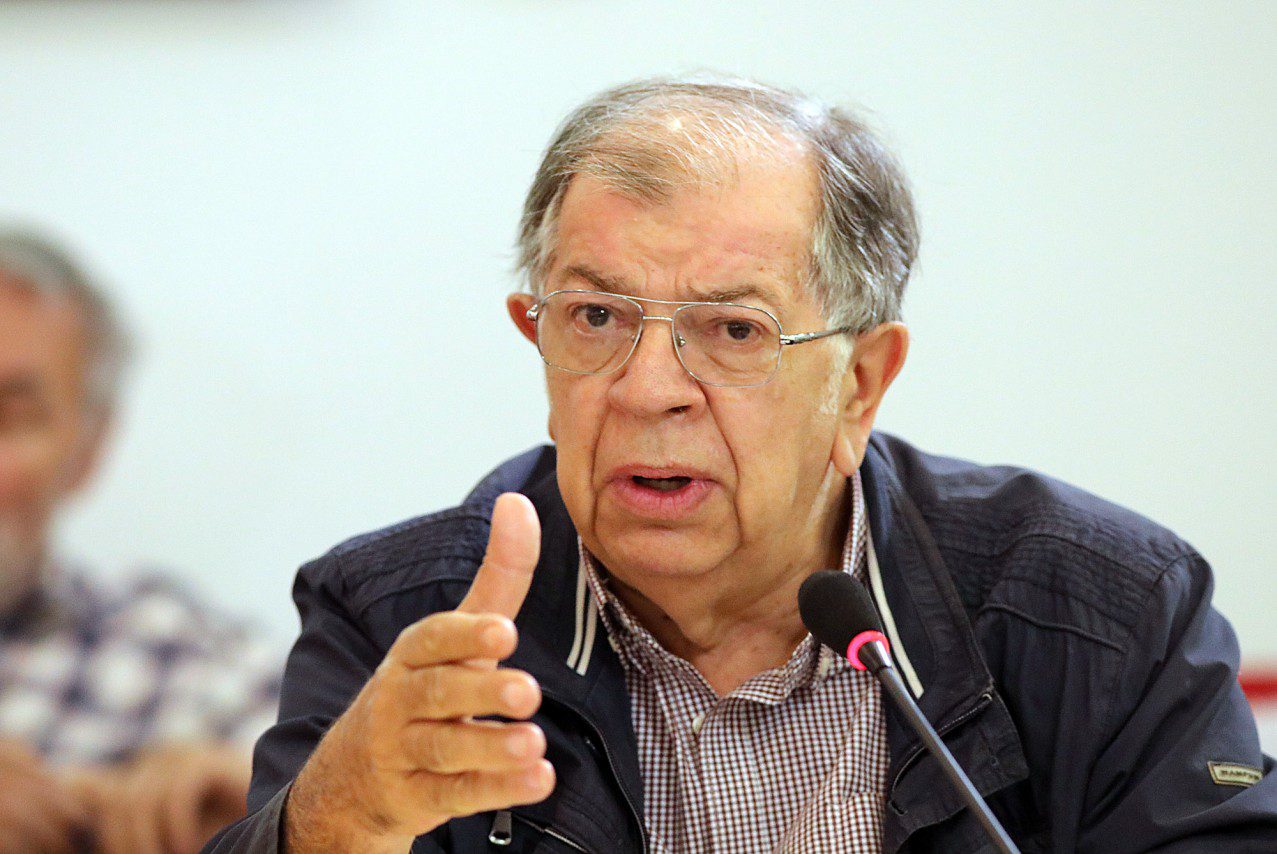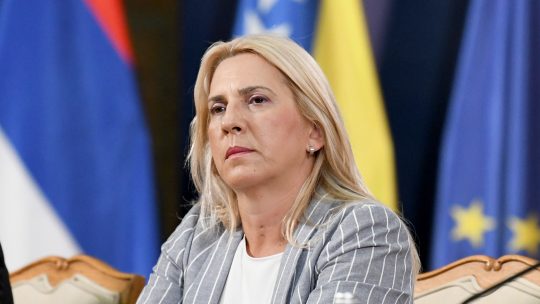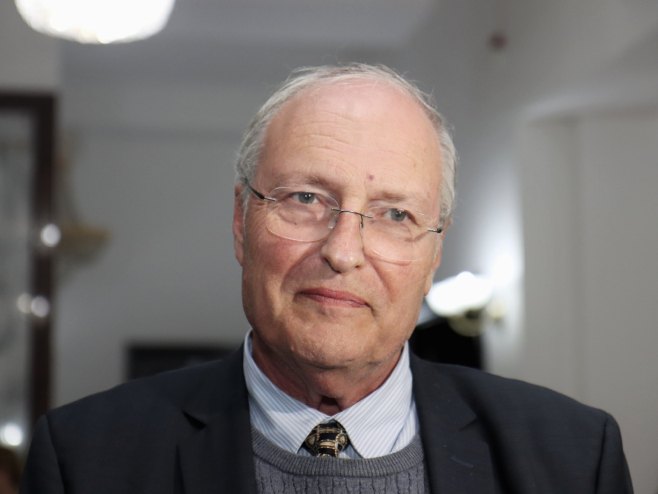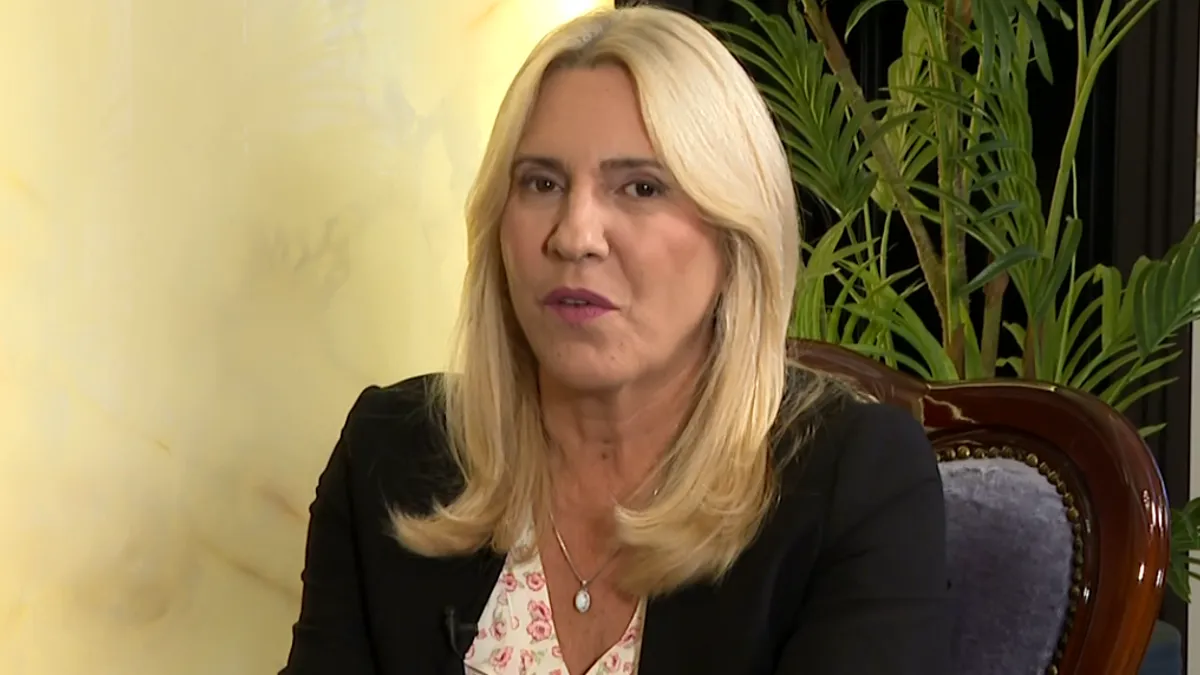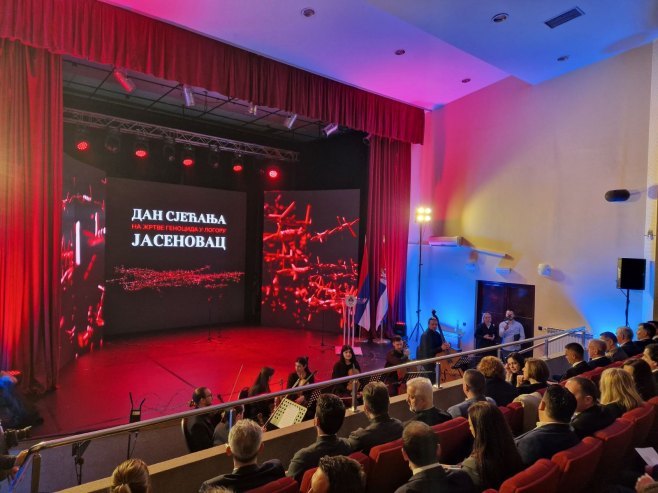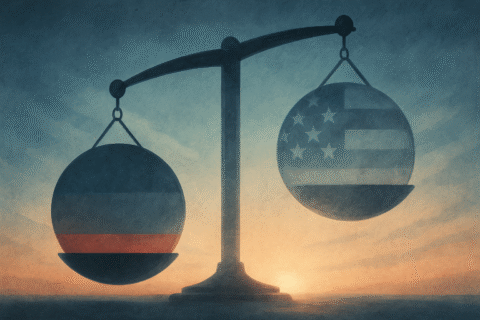Thirty years have passed since the agreement signed at the Wright-Patterson Air Force Base in Dayton, USA, ended the war and established Bosnia and Herzegovina with two equal entities and three constituent peoples. But this agreement — seen by many as the only possible framework for a deeply divided country — has been under constant pressure for all 30 years from those who did not accept it. Through various impositions, amendments, and court rulings, the agreement has been altered in practice, most often to the benefit of the majority Bosniak population and to the detriment of the other two — Serbs and Croats.
This has led to widespread dissatisfaction in BiH, and questions about the country’s future are increasingly being raised.
In most countries, anniversaries of major historical events — especially the end of wars — are celebrated as holidays with numerous public events. But not in BiH. While the Federation paradoxically marks the beginning, not the end of the war, Republika Srpska observes today as a public holiday, with many pointing out that efforts to rewrite the peace agreement and weaken Republika Srpska have been ongoing for three decades.
“From the very first day, attempts to dismantle Dayton began, led by a joint criminal enterprise of Muslims from Bosnia and part of the international community, which promised the Muslims that Republika Srpska would be dismantled to create a unitary Bosnia,” said SNSD President Milorad Dodik.
They touched, says constitutional law professor Siniša Karan, the most essential principle and value that is untouchable in federal systems of this kind.
“That principle is above all the division of competencies. They adopted 166 laws that transferred almost every competence from Republika Srpska,” Karan said.
Croats in BiH also know what it looks like in practice when someone else makes decisions on your behalf, as Bosniaks, being more numerous, have on four occasions elected the Croat member of the BiH Presidency. This, said HDZ BiH leader Dragan Čović, violated the principle of constituent representation guaranteed by Dayton, and for that reason, he believes the time has come to redefine relations. He says intensive talks are underway about a new political arrangement in BiH.
“What we have now, Dayton did not fully deliver, and now we will have to resolve it together with partners abroad. Intensive discussions are already taking place. Signals are coming from the global political arena that BiH must return to its source — and the source lies in the three constituent peoples,” Čović said.
Opinions in Republika Srpska differ on whether fractured relations in BiH can be restored without new international interventions and solely through an internal agreement.
“I believe the resolution of this Bosnian knot cannot happen before an international conference is held — at some international geopolitical level — where all ideas would be confronted. A summary must be made: can Dayton survive as it is or not, and then new proposals must be presented,” said Dragan Kalinić, former Speaker of the National Assembly of Republika Srpska.
“Organizing a new peace conference — for what? How? Toward what end? For what reason?” asked Radomir Lukić, professor at the Faculty of Law in East Sarajevo.
“I see no point in it. BiH can function only on these foundations — otherwise, it would have to become a harsh dictatorship, a prison for all peoples, or simply cease to exist,” he added.
Although not perfect, the Dayton Peace Agreement has been highly successful, maintaining peace for 30 years and regulating relations among peoples with nearly irreconcilable interests. Whether BiH survives or disappears will depend on the future attitude toward this agreement, which, even in its current state, remains a realistic foundation for building stable relations in BiH — the message emphasized by most officials from Republika Srpska.
Source: RTRS




